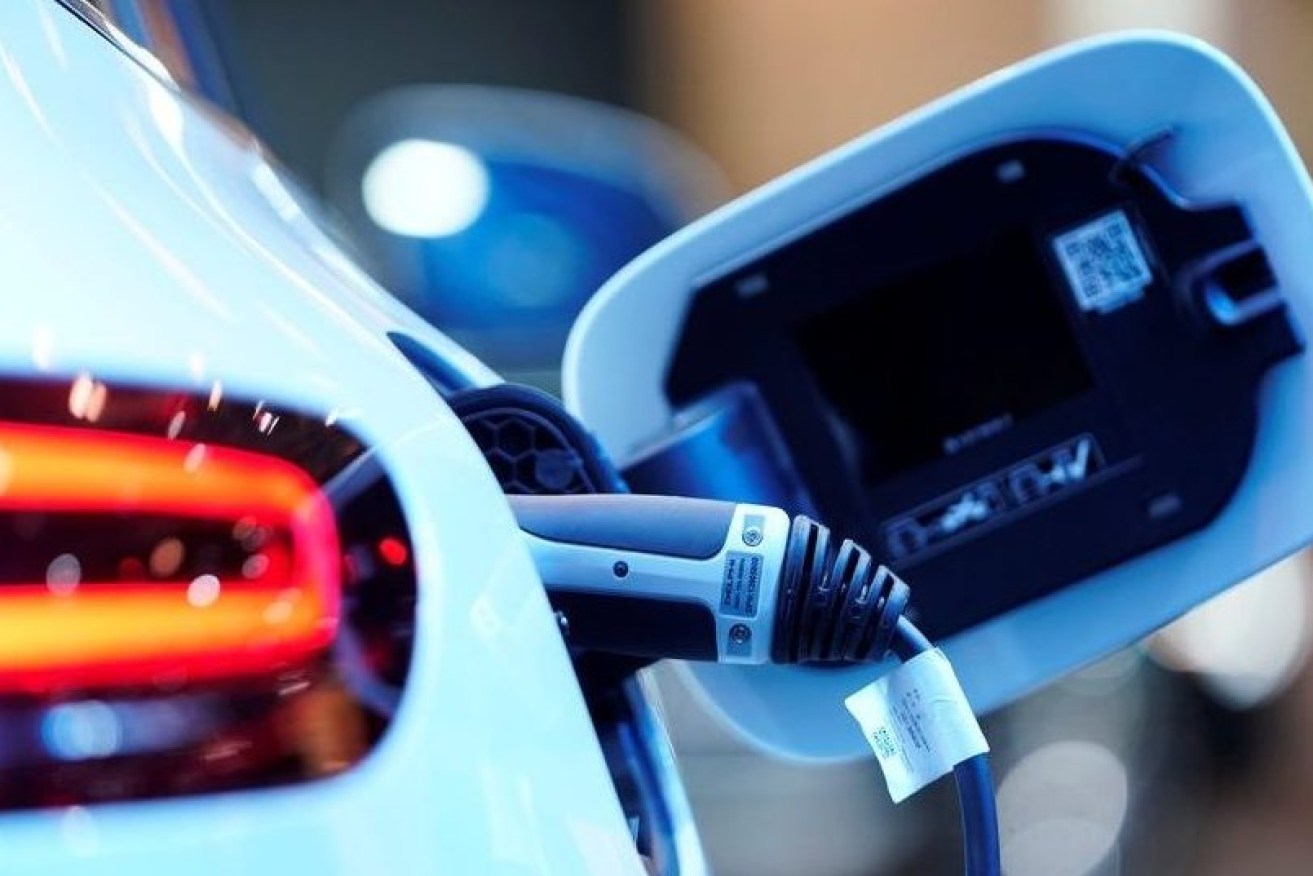Why the nation’s capital is leading the charge in EV sales surge
Australians are hitting the accelerator on electric cars, with sales of the technology speeding up by 65 per cent in the past year.

(Reuters pic).
The State of Electric Vehicles report, released on Friday, found fast and ultra-fast vehicle charger locations in Australia had increased by 22 per cent since 2021, with Tesla continuing to dominate EV sales.
The Electric Vehicle Council report found one state was leading Australia’s transition to electric transport by a large margin, with EVs representing one in 10 new cars sold in the ACT.
The EV Council’s biannual report, which analysed sales figures and state and federal government policies, found electric car sales climbed from two per cent of all new cars to 3.39 per cent in the 12 months to September.
EV Council policy head Jake Whitehead said the increase was significant but showed Australia still trailed the rest of the world in the transport transition.
“The challenge we have is that we are still miles behind comparable markets overseas,” he said.
“While Australia is approaching that 3.5 per cent level, the UK and other right-hand drive markets are over 20 per cent, so we’ve still got a long way to go.”
EV sales in Germany represent 26 per cent of new car sales, while sales in the state of California, in the United States, sit at 13 per cent.
The study showed Canberrans were leading the EV race, with electric cars representing 9.5 per cent of all new car sales in the territory, compared to 3.7 per cent in NSW, 3.4 per in Victoria, 3.3 per cent in Queensland and Tasmania and just 0.8 per cent in the Northern Territory.
Despite its sales lead, the EV Council gave both the ACT and NSW eight out of 10 points for EV initiatives and incentives, followed by the federal government with seven points, Queensland with six and Victoria with five.
Whitehead said a more consistent approach to incentives across Australian states would provide greater certainty for consumers and car makers.
But he said the biggest barrier to higher electric vehicle sales in Australia was a lack of supply and fuel standards.
“We’re seeing a lot of strong demand,” Whitehead said.
“New models have come on to the market but they’re in small numbers so they’re being sold out sometimes in just a few minutes and then people have to wait really long periods to get the vehicle they want.
“That’s because other markets have a fuel-efficiency standard and they are prioritised at the beginning of the queue and we continue to be at the back of the queue.”
The EV Council report found Australians purchased more than 26,000 electric vehicles between January and September this year, with the Tesla Model 3 accounting for one in three electric cars sold.
Demand for the brand is strong, with the Tesla Model Y becoming the second-biggest-selling electric vehicle in Australia this year, even thought it was only released for sale in August.
Other popular EV brands included MG, Lexus and Hyundai.
Recent sales figures released by the Federal Chamber of Automotive Industries showed record sales for electric vehicles during September, with their sales outnumbering hybrid cars, and Tesla’s Model Y becoming the third highest-selling vehicle in the country.












